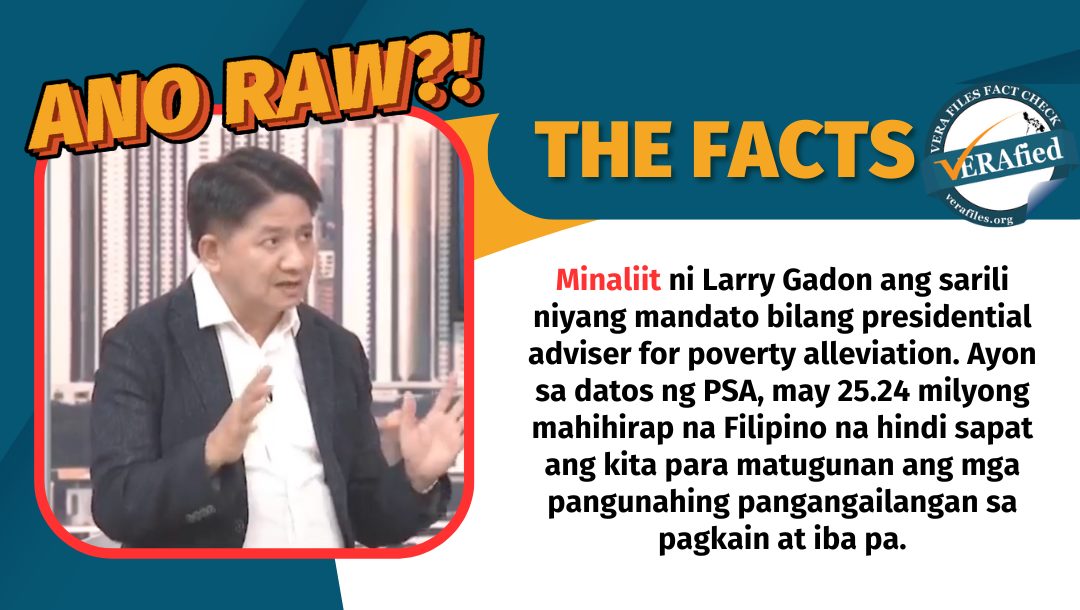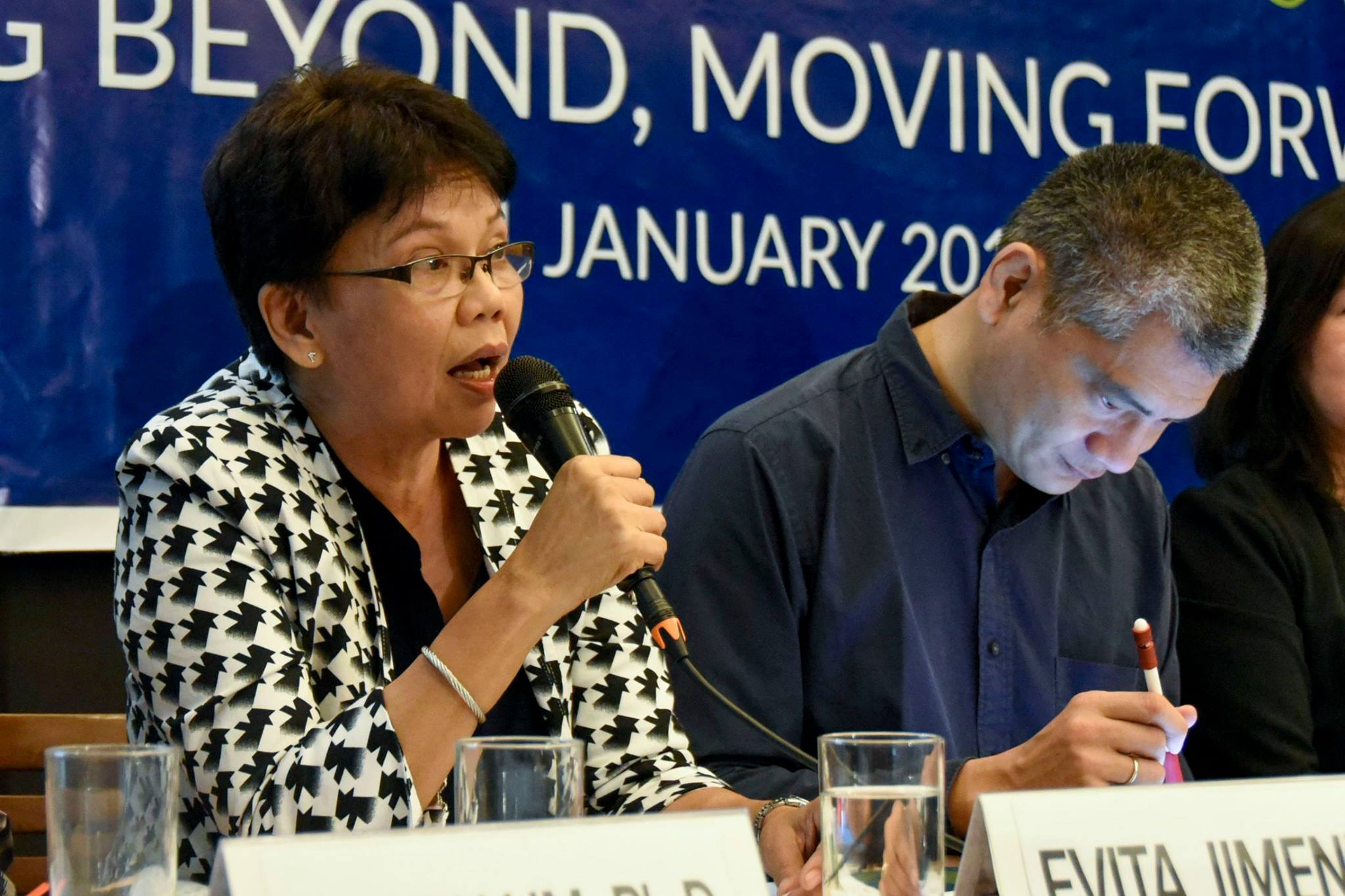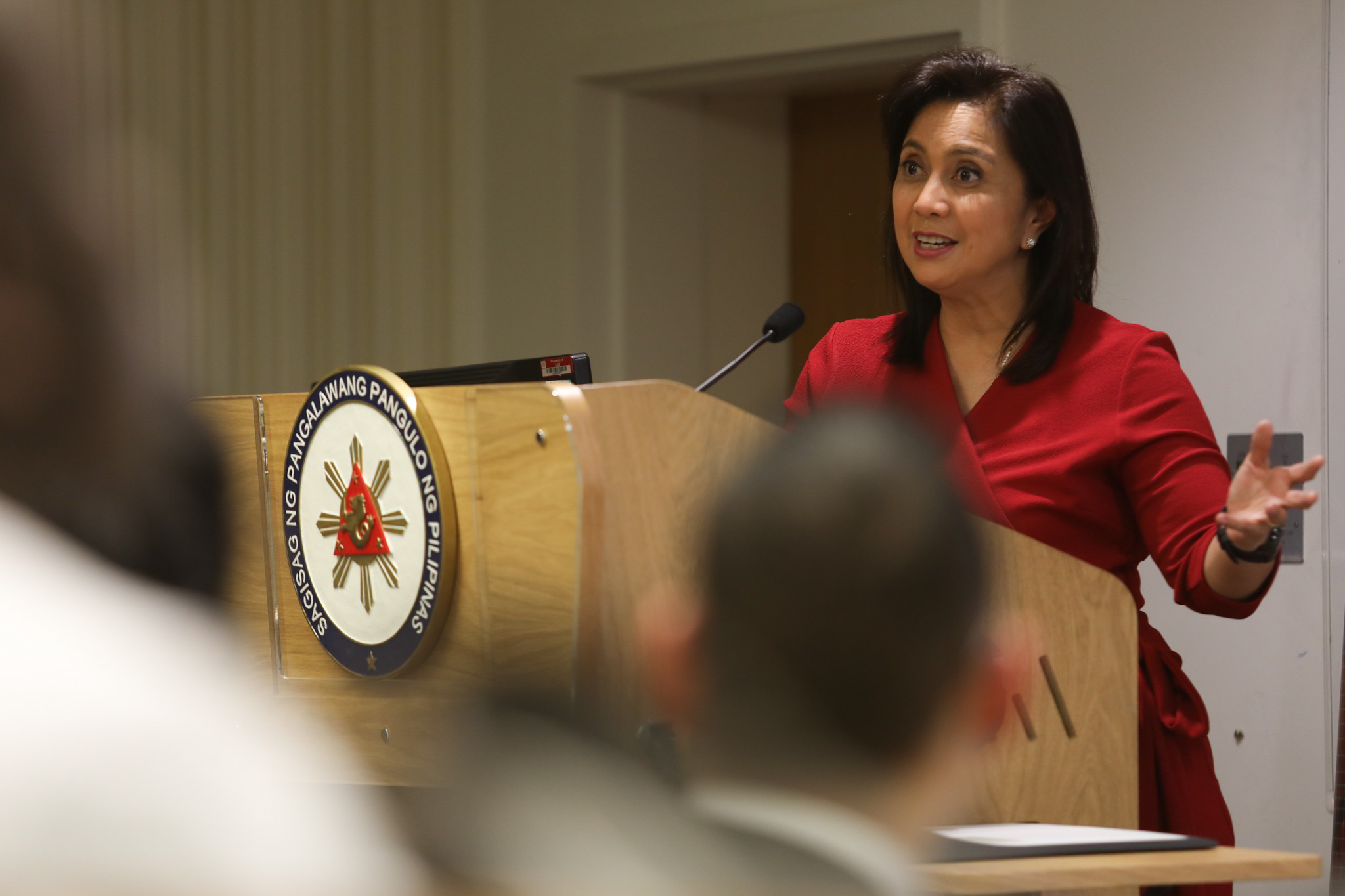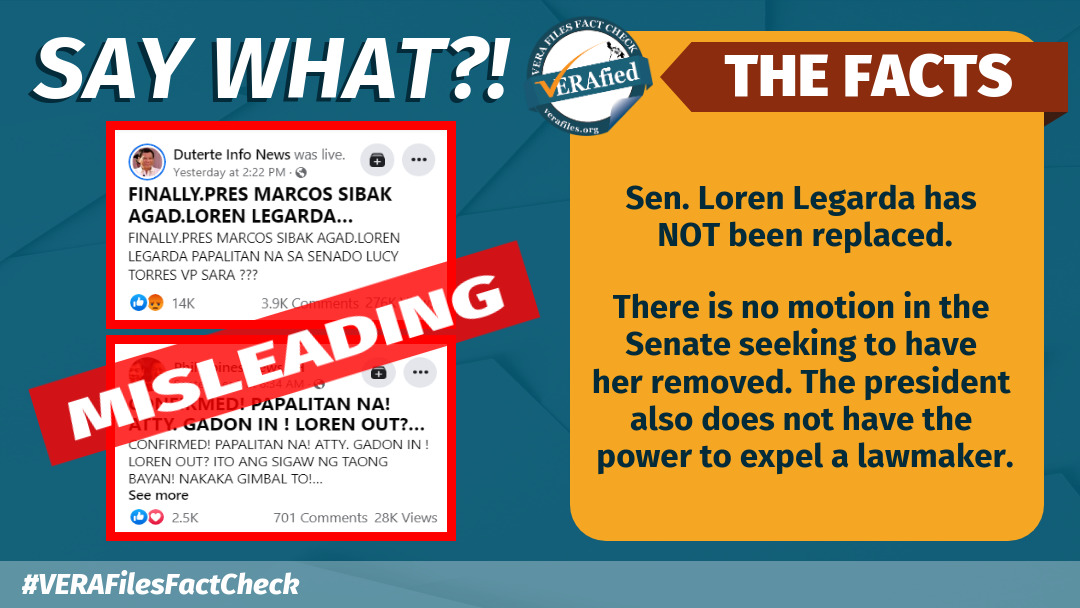Larry Gadon, a disbarred lawyer, has downplayed his mandate as President Ferdinand Marcos Jr.’s adviser for poverty alleviation.
Appointed on June 23 last year, Gadon is tasked “to address one of the most pressing challenges faced by our nation.”
STATEMENT
For his final remarks in an interview on PTV’s Bagong Pilipinas Ngayon, Gadon said:
“Sana ang ating mga kababayan ay patuloy na suportahan ang Marcos administration sapagkat sa totoo lang, ‘yang mga nagsasabi na napakahirap ng buhay, eh, sila lang ang nagsasabi niyan, haka-haka lang nila ‘yan. Pero ang katotohanan, magpunta ka sa mall, punong puno, ibig sabihin mataas ang purchasing power ng mga tao.”
(I hope that our countrymen will continue to support the Marcos administration because in reality, those who say that life is very difficult are the only ones saying that, they are just imagining it. But the truth is, if you go to the mall, it’s full, which means that people have high purchasing power.)
Source: PTV Philippines, PANOORIN: Pagtalakay sa mahahalagang serbisyo ng pamahalaan…, May 17, 2024, watch from 28:37 to 29:00
FACT
There are 25.24 million poor Filipinos whose income is not enough to meet basic food and non-food needs, latest data from the Philippine Statistics Authority (PSA) show.
“Hindi lamang kung may nakakabili ng sasakyan at maraming tao sa mall, na pwedeng ang dahilan ay sa sobrang init ngayon, [a]y wala nang kahirapan sa Pilipinas,” said Cielo Magno, associate professor in economics at the University of the Philippines (UP).
(It is not only if someone can afford to buy a car and there are many people in the mall, that could be caused by the extreme heat, then there is no more poverty in the Philippines.)
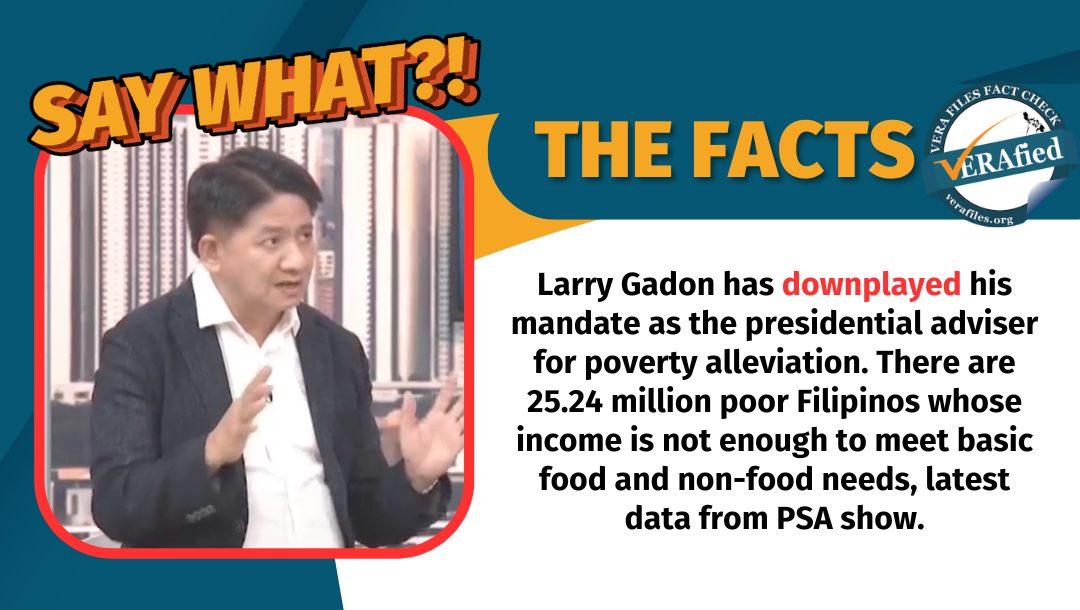
Purchasing power measures what money can buy. The purchasing power of the peso, based on PSA data, has weakened since 2018.
Luisito Abueg, assistant professor in economics at UP Los Baños, explained that when prices are increasing and people have fixed incomes, the "tendency is to buy less and less of the same set of goods."
Headline inflation, or the rate at which prices for goods and services increase, was at 3.8% in April 2024.
However, the PSA said that for the bottom 30% of income households, inflation went up by 5.2% largely due to higher cost of food and non-alcoholic beverages.
Abueg stressed that the poorest households are "very susceptible" to price increases, especially in food and energy, because they have lower incomes.

